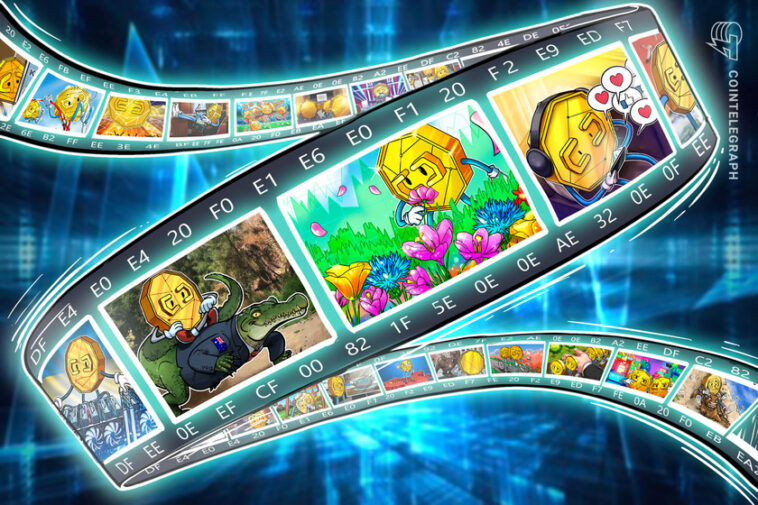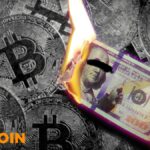The Coins Podcast docuseries will explore the history of money and the impact that crypto and blockchain tech has had on the global financial system.
A glossy looking documentary series centered on the history of money and cryptocurrency premiere on August 19th at 7:00 am UTC, and features interviews from a long list of top crypto figures.
The 12 episode video series is somewhat confusingly called “Coins Podcast” and the first two episodes drop on YouTube today. The show is hosted by Patrick Mclain of blockchain accelerator Mousebelt, and narrated by actor Robert Davi, who has played roles in Die Hard, James Bond: License to Kill and Predator 2.
The docu-series features interviews with crypto proponents and key figures in the sector such as FTX founder and CEO Sam Bankman-Fried, ShapeShift CEO Erik Vorhees, Cardano founder Charles Hoskinson, founder/CEO of Global Macro Investor Raoul Pal, and Celsius CEO Alex Mashinsky to name a few.
The majority of the Coins Podcast was shot at the Old San Francisco Mint, which is a historical landmark and a branch of the United States Mint, a Treasury bureau responsible for producing coinage in the U.S.
Looks like we’re onto something .
Catch #COINS Ep. 1 & 2 on Aug. 19 on YouTube.
Watch the trailer: https://t.co/Re5EerK9ds pic.twitter.com/nkHEYEfxQ1— Coins Podcast (@coins_podcast) August 18, 2021
The series will explore key points in the history of money such as President Richard Nixon’s removal of the gold standard in 1971 that saw fiat currency untethered to anything tangible, and the significant impact crypto and blockchain tech have had on the global financial system since 2009.
Key crypto narratives will also be explored such as scams, hacks, illicit activity, billionaires and the bankrupt.
Related: Ethereum documentary featuring Vitalik Buterin raises $1.9M in 3 days
Speaking in an Aug.17 promo for the series, OG Bitcoin proponent Erik Vorhees stated that:
“It’s a good reminder to people that money is a story that has changed throughout human history […] and Bitcoin is clearly like this next evolution of how money and value can work.”
“And part of understanding it is to understand the history of monies that came before,” he added.





 BTC-USD
BTC-USD  ETH-USD
ETH-USD  LTC-USD
LTC-USD  XRP-USD
XRP-USD